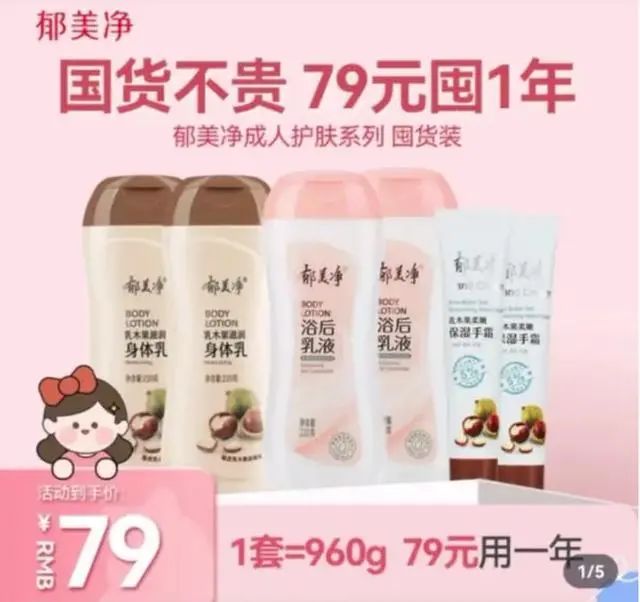
The domestic brand ushered in "splash day wealth", "79 yuan package" sold crazy!
2023-09-24 09:00
Traditional Chinese brands have recently made a strong comeback thanks to a livestreaming controversy over the quality of products and whether people were working hard enough to afford them.
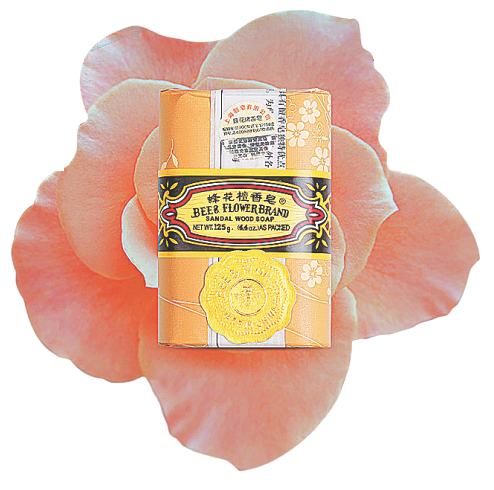
▲[Photo/CHINA DAILY]
Domestic brands were put under the spotlight after China's top online sales host Li Jiaqi questioned whether people had worked hard enough to get a pay raise.
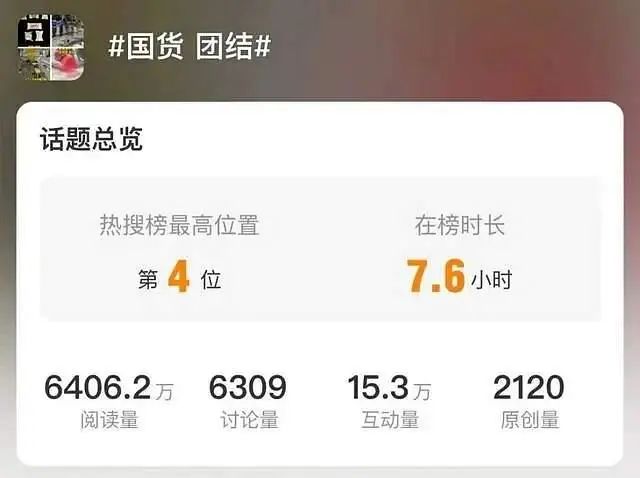
Li made the comment during a livestreaming session on Taobao Live, Alibaba's livestreaming platform, on Sept 9, after a follower had earlier commented that a Chinese cosmetic brand's eyebrow pen and two refills priced at 79 yuan ($10.80) were too expensive.

While Li was criticized for his comments, Chinese brands that had faded in popularity due to a lack of marketing and online presence seized the opportunity to show they could deliver value-for-money quality goods. Bee & Flower, a shampoo brand founded in 1985 and once a household name in China, launched a promotion for a 79-yuan set of two large bottles of shampoo and a large bottle of hair conditioner, which quickly attracted people's attention.
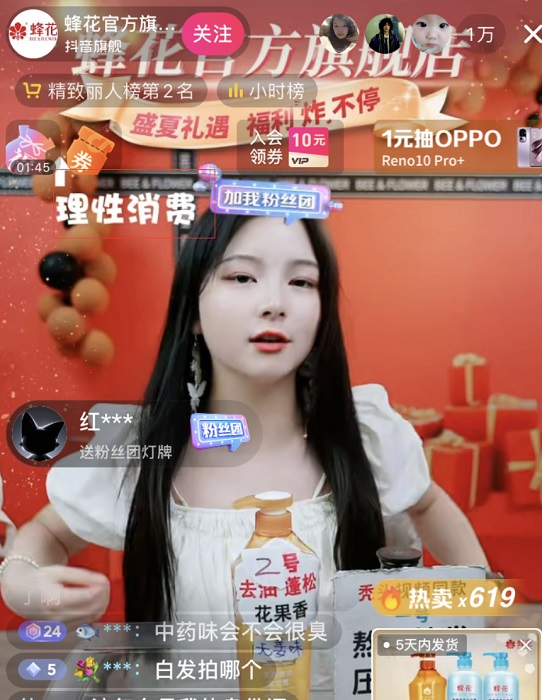
Feigua, a livestreaming sales data provider, said the number of followers of Bee & Flower's account on Douyin, the Chinese version of TikTok, started to soar on Sept 11. By Friday, it had attracted 559,000 followers. Sales generated during one livestreaming session last week exceeded 25 million yuan.
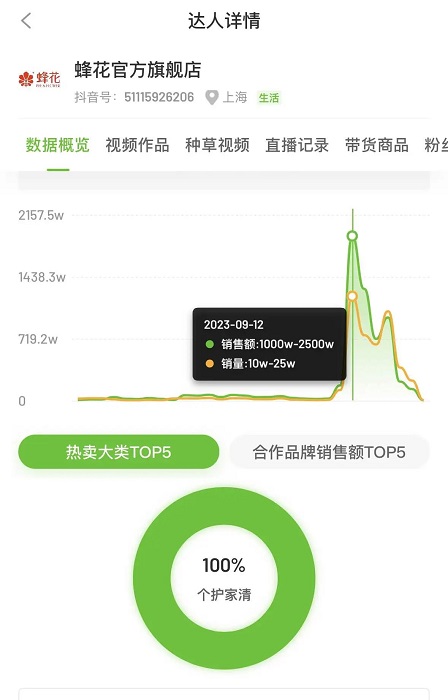

Three humble middle-aged factory employees of the company began a livestream on its Douyin account on Wednesday.
The trio wanted to seize the opportunity to revive the brand, but clearly knew little about selling products on social media, according to followers. Viewers had to teach them how to list products during the livestreaming sessions.
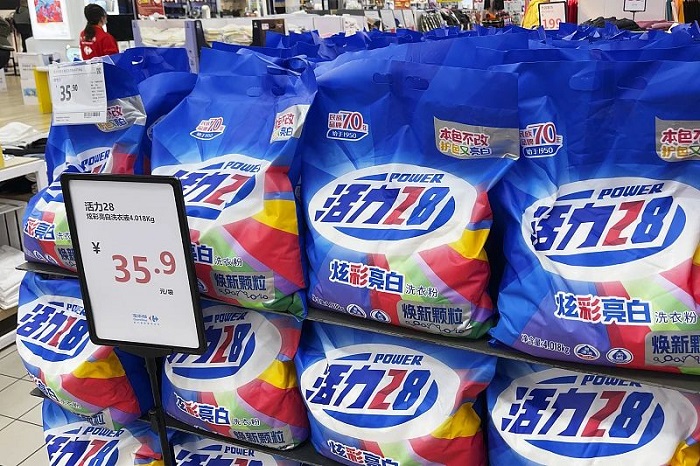
Some brands gained further respect after followers learned that the parent companies had donated money and goods to help China win the War of Resistance Against Japanese Aggression (1931-45) and had carried out disaster relief work after natural disasters.
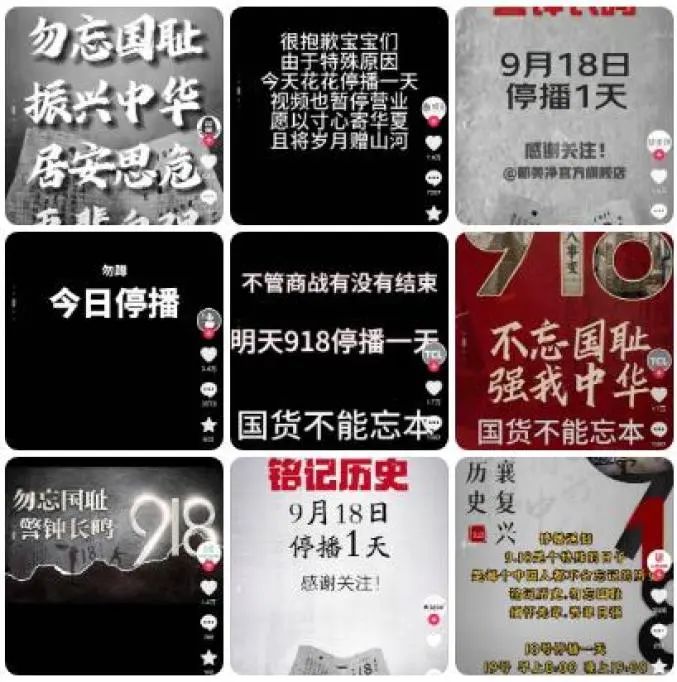
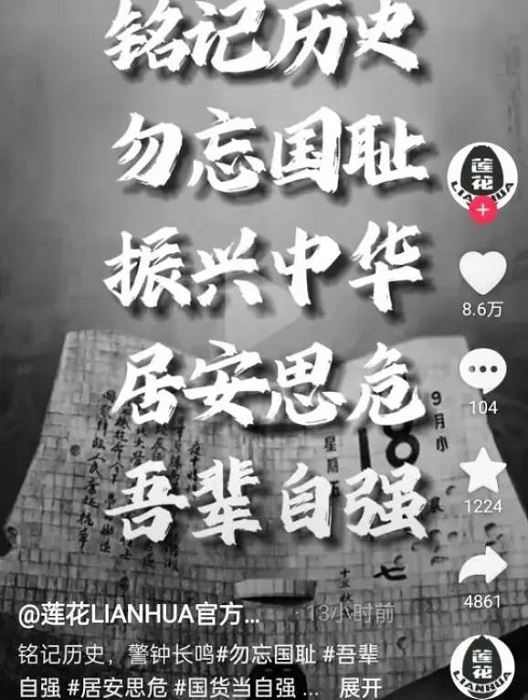
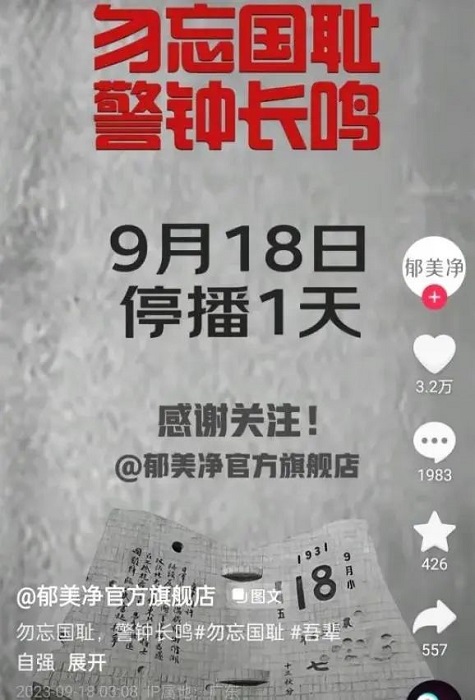
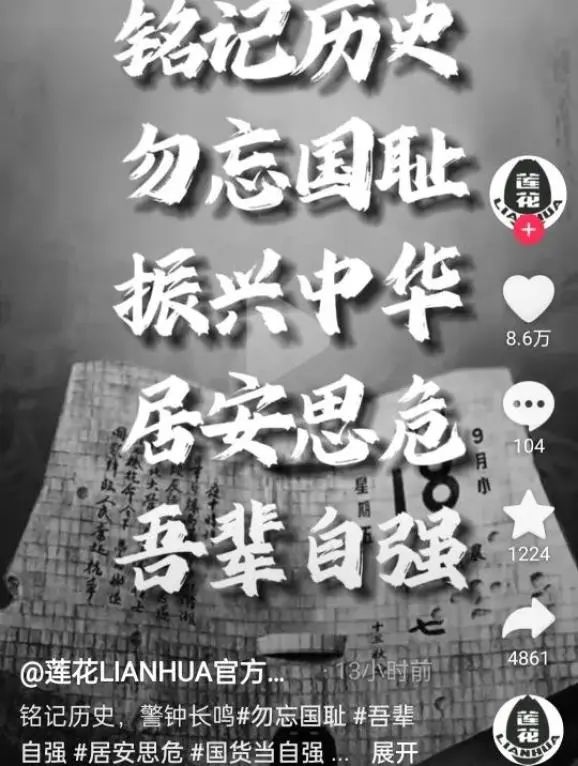
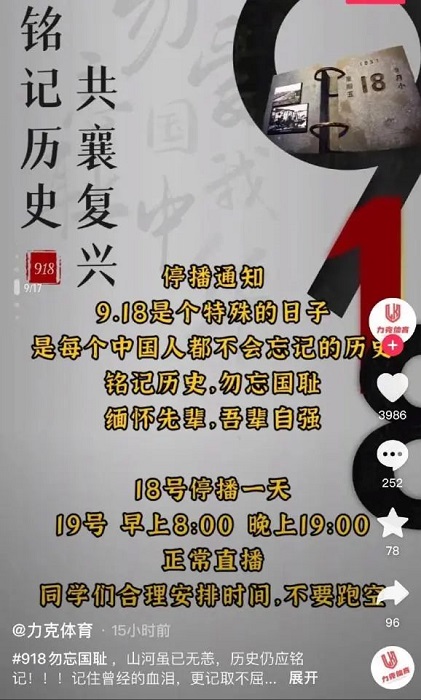
Liu Xing from Beijing said she bought some personal care products from Chinese brands including shampoos and facial creams after learning about the quality ingredients used and the brands' history last week.
